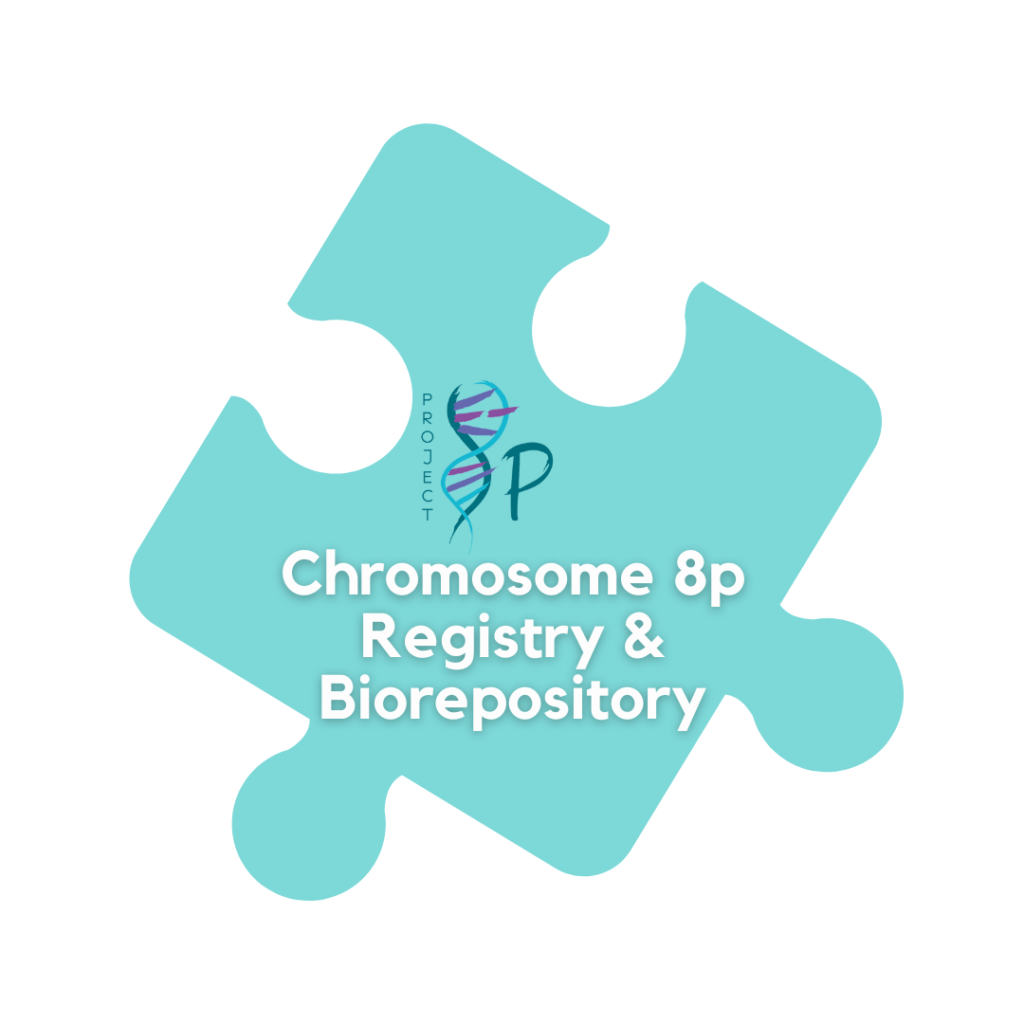There are 2 options to share your medical records. In the registry, we will give instructions. It is important to track the care you’ve received over time and across different doctors. Medical records contain your health status and medical history, ideally in an electronic format (called Electronic Health Records or EHR) to make it easier for your entire healthcare team to access the information. This results in more coordinated care, helping to improve your treatment and overall health.
Upload PDFs. You can upload PDFs (or scans) of any medical records, such as clinical notes, imaging, genetic results, and/or testing reports. Records are stored on a secure database, and will be available to you at any time by logging into your profile
Receive your electronic health records (EHR) via application programming interfaces (APIs). You may be able to connect your on-line patient portal from your care provider, hospital, or other repository of electronic health information directly to the 8p registry









